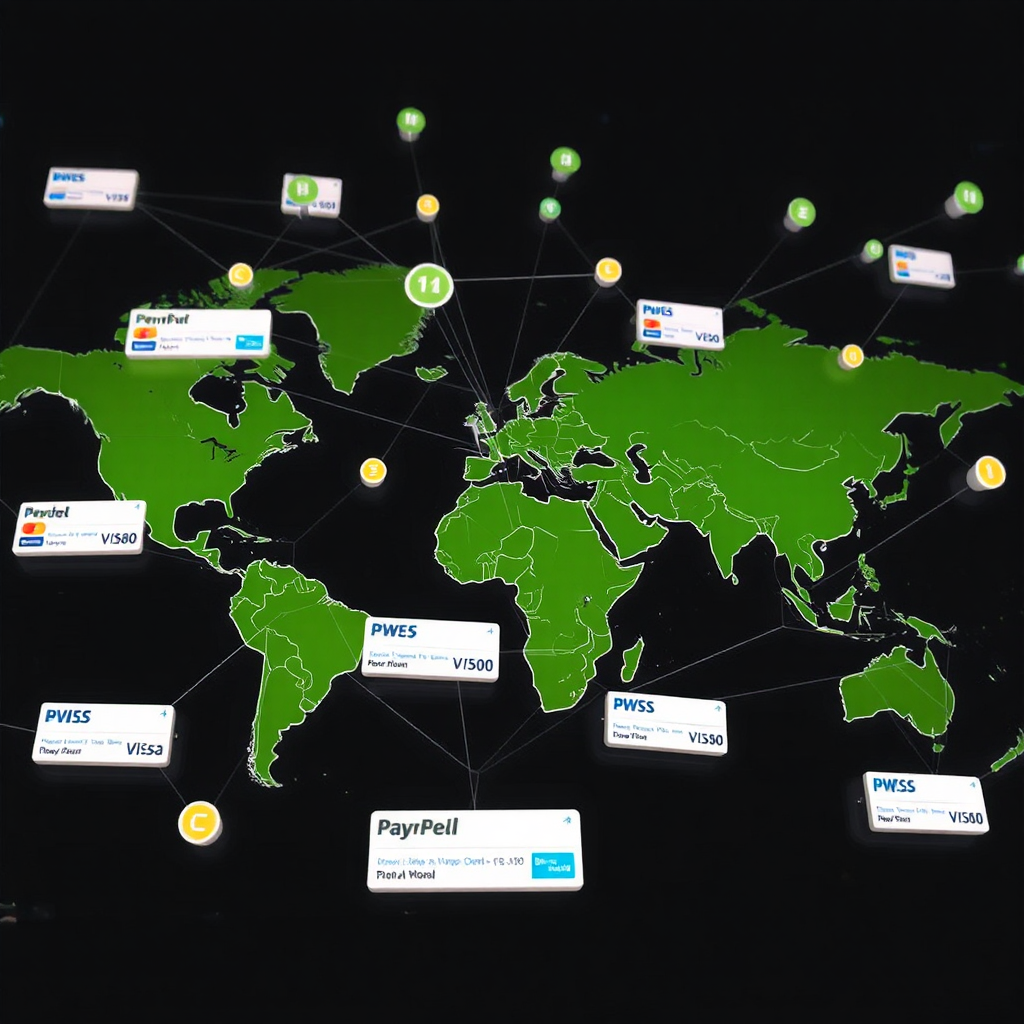
UK Export Trends Post-Brexit: Services Up, Goods Down
Nearly five years after the United Kingdom formally exited the European Union, a clear pattern has emerged in the nation's trade performance: UK services exports are on the rise, while goods exports continue to struggle. This trend highlights a growing divergence in how different sectors have adapted to the post-Brexit trade environment, raising important questions about the UK’s long-term economic resilience and competitiveness.
UK Services Exports on the Rise
Despite concerns over Brexit disrupting access to EU markets, the UK’s services sector has demonstrated robust growth. According to recent data from the Office for National Statistics (ONS):
- Services exports increased by 6.2% in Q1 2025, compared to the same period last year.
- Financial services, legal consulting, IT, and professional services led the charge.
- The United States, EU, and fast-growing markets in Asia remain key destinations for UK service providers.
This growth can be attributed to several factors:
- The UK’s global reputation in finance, insurance, and legal services.
- An increase in digital service exports, such as cloud computing and fintech solutions.
- Continued demand for English-speaking business services in international markets.
The adaptability of service providers, many of whom transitioned to digital and remote-first models, has helped mitigate the logistical challenges associated with Brexit.
Goods Exports Continue to Decline
In contrast, UK goods exports have declined by 8% compared to pre-Brexit levels, with the EU being the most impacted market. Key challenges include:
- New customs procedures, documentation, and regulatory checks.
- Tariff complications under rules of origin clauses.
- Increased logistical costs and delays, especially for small and medium-sized manufacturers.
Industries hit hardest include:
- Automotive: Facing higher export costs and complex EU compliance standards.
- Agriculture and Food: Struggling with sanitary and phytosanitary checks.
- Manufacturing and Machinery: Losing competitiveness due to longer delivery times and higher costs.
These obstacles have led many UK companies to either scale back EU exports or shift operations abroad.
The Growing Trade Imbalance
This post-Brexit divergence has created a growing imbalance in the UK economy:
- Services now make up over 50% of total UK exports, up from 45% in 2019.
- The goods-producing regions of the UK, particularly in the North and Midlands, are experiencing slower economic recovery.
- Trade policy efforts have disproportionately favored the services sector, leaving manufacturing and agriculture in need of stronger support.
While services have helped stabilize the economy, over-reliance on them makes the UK vulnerable to global downturns in the intangible economy.
Policy Implications and Strategic Response
The UK government has recognized these trends and is taking steps to rebalance the trade landscape:
- New trade deals: Agreements with India, the US, and Indo-Pacific nations aim to open up new export markets.
- Export support programs: Targeted initiatives to help SMEs in goods industries adapt to new rules and access digital trade tools.
- Customs modernization: Investments in digital customs systems to streamline cross-border trade.
However, analysts argue that more aggressive action is needed to reverse the goods export slump, including renegotiating elements of the EU-UK Trade and Cooperation Agreement (TCA) and boosting domestic production capabilities.
Conclusion
The UK’s post-Brexit export performance tells a two-sided story: services are thriving, driven by digital innovation and global demand, while goods exports have faced a significant decline due to regulatory barriers and supply chain issues. To maintain long-term economic stability and inclusive growth, the UK must strengthen support for goods exporters while continuing to invest in its world-class services sector.






